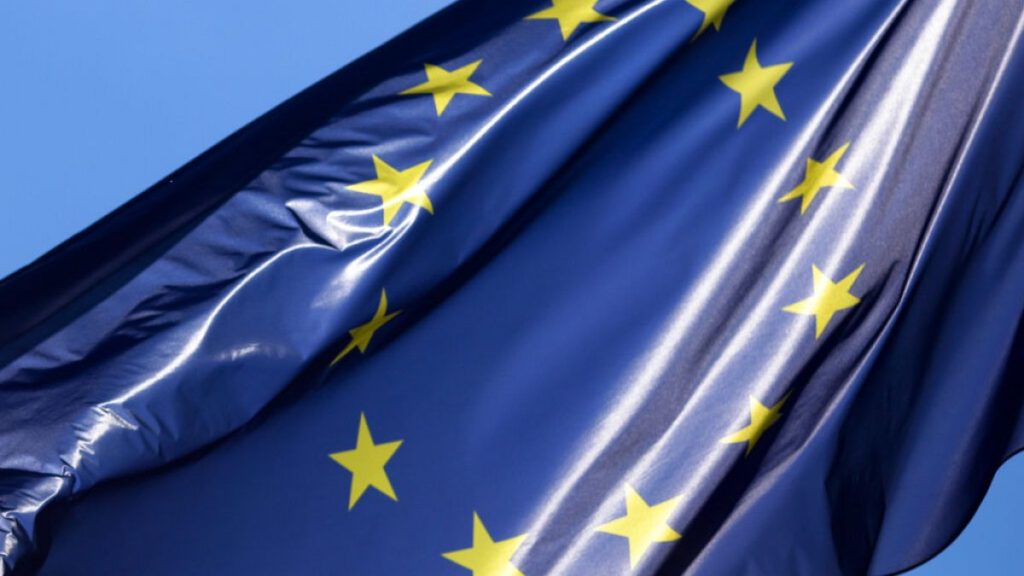The European Union’s enlargement policy is currently undergoing a period of intense scrutiny and reevaluation, with the accession prospects of Ukraine, Moldova, and Georgia at the forefront of discussions. Commissioner for Enlargement, Marta Kos, has emphasized a merit-based approach, prioritizing adherence to core EU values and principles over geopolitical considerations. This stance underscores the EU’s commitment to maintaining the integrity of its legal and political framework, ensuring that any expansion benefits both existing and prospective members. The current geopolitical landscape, particularly Russia’s aggression in Ukraine, has undoubtedly influenced the enlargement debate, but Kos insists that expediency will not supersede the established criteria for membership.
The accession process, traditionally demanding and rigorous, assesses candidate countries across a range of criteria, including the rule of law, democratic governance, human rights, and economic performance. This meticulous evaluation ensures compatibility with EU norms and standards, fostering a cohesive and integrated Union. Kos’s reaffirmation of this merit-based approach serves as a clear message to aspiring members: entry into the EU requires demonstrable commitment to its foundational principles, and geopolitical pressures will not circumvent this rigorous assessment. This commitment to principles reinforces the EU’s identity as a community of shared values, ensuring that enlargement contributes to the Union’s overall stability and prosperity.
Ukraine and Moldova, both granted candidate status in 2022 following Russia’s invasion of Ukraine, have officially commenced accession negotiations. This marks a significant milestone in their European integration journey, reflecting the EU’s acknowledgment of their progress and potential. However, substantial challenges remain. Ukraine faces opposition from some member states, while Moldova navigates increasing pressure from Russia, which seeks to undermine its pro-Western trajectory. These challenges underscore the complex political landscape surrounding enlargement, and the need for continued support and guidance from the EU to ensure the success of these aspiring members.
Georgia’s path towards EU membership is more precarious. Accusations of democratic backsliding and pro-Russian leanings against the ruling party have raised concerns within the EU. The government’s decision to postpone its EU bid until 2028 has further complicated matters, triggering widespread public protests and deepening the political divide within the country. These developments highlight the crucial link between domestic political stability and progress in the accession process. The EU’s response to Georgia’s situation will require a careful balancing act, acknowledging the complexities on the ground while maintaining a firm stance on its core principles.
The ongoing enlargement debate within the EU reflects the complex interplay of geopolitical considerations, internal dynamics within candidate countries, and the Union’s commitment to its core values. While the current geopolitical context has undoubtedly accelerated the process for Ukraine and Moldova, the fundamental requirement of adhering to EU standards remains paramount. The EU’s approach must be nuanced, acknowledging the specific challenges faced by each candidate country while upholding the principles that define the Union. This cautious yet principled approach ensures that enlargement serves the interests of both existing and prospective members, contributing to a stronger and more integrated European Union.
The path to EU membership is a transformative undertaking, demanding significant reforms and adaptations within candidate countries. It entails aligning legal frameworks, strengthening democratic institutions, and fostering economic convergence. The EU’s role in guiding and supporting these countries throughout the process is crucial, providing technical assistance, financial aid, and political encouragement. The ongoing enlargement process underscores the EU’s continued relevance as a beacon of democracy, stability, and prosperity in Europe. It also highlights the complexities and challenges inherent in expanding the Union while maintaining its core values and ensuring a mutually beneficial outcome for all its members.














